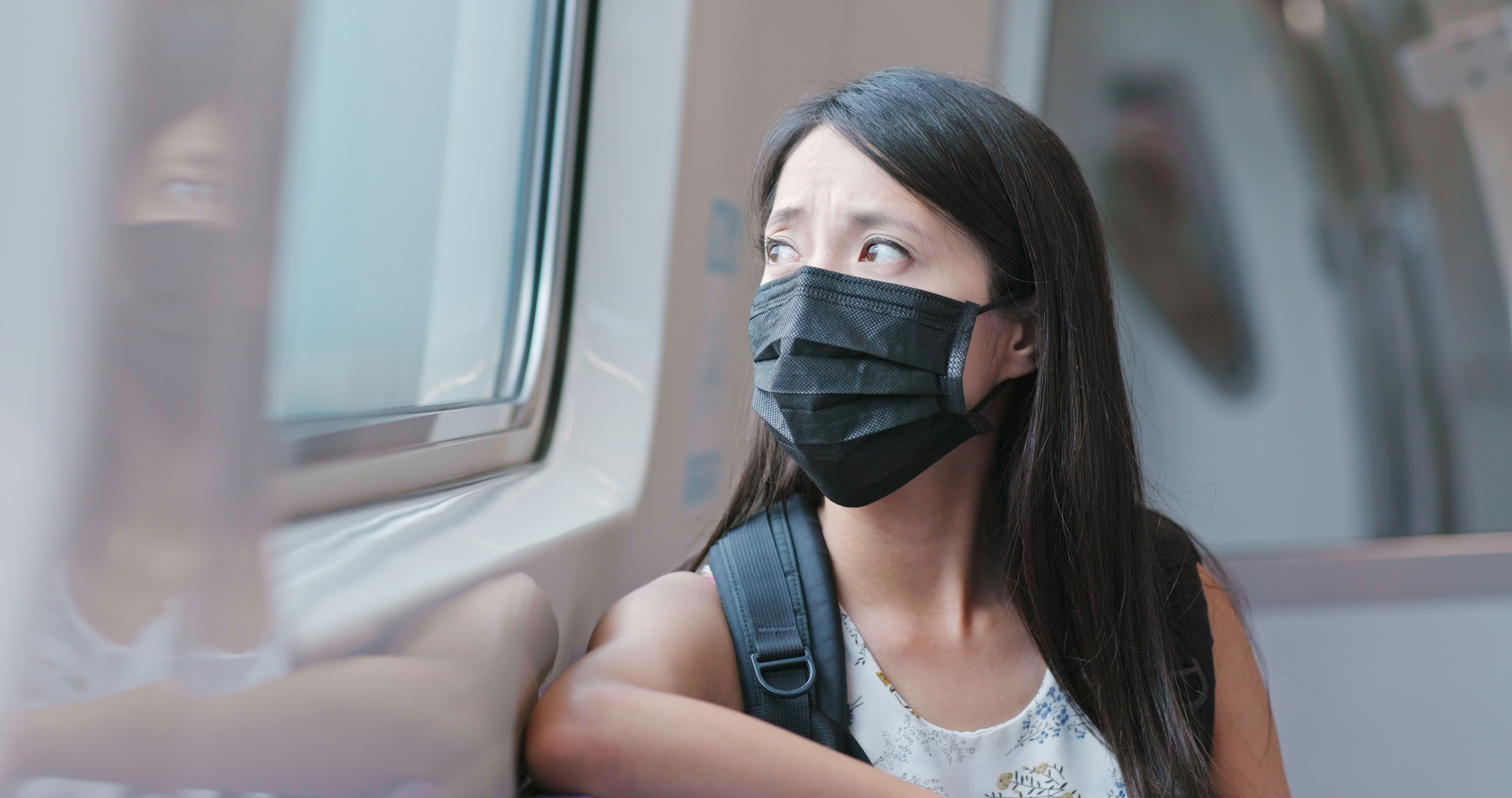

A second case of the new coronavirus out of Wuhan has been confirmed in the United States, the CDC announced in a press briefing Friday morning. That makes two confirmed patients, with more expected in the coming weeks. However, health officials say there is no reason to panic.
The infected woman is in her 60s and returned to Chicago from the central Chinese city of Wuhan on January 13, CDC officials said. She is in stable condition, a local health official said, and is remaining in hospital primarily to prevent the infection from spreading. She had “limited close contacts” with people after her return, officials say. They also say the woman identified herself to health officials soon after she got sick, because she suspected it might be the novel coronavirus. That’s what they want others to do if they’re worried about the virus as well.
An incubation period of about two weeks, cough or congestion with fever: that’s the emerging picture of this virus. But there’s a long way to go before we really understand it, says Nancy Messonier, director of the National Center for Immunization and Respiratory Diseases. In the meantime, she said that people who are experiencing cold or flu-like symptoms and recently returned from travel to Wuhan should let health officials know. “We want people to err on the side of caution if they have those symptoms and have a travel history,” she says.
The first known case in the United States—a man in his 30s who recently returned from Wuhan to his residence in Seattle—was in stable condition as of Thursday, but remained in isolation under protocols designed for highly infectious disease. The CDC is currently monitoring 63 other people around the country for possible infection. They are also working on getting diagnostic kits to local jurisdictions. However, Messonier told reporters on Friday that the CDC thinks “the immediate risk to the US public is low at this time.”
While the Wuhan virus, which is thought to have originated from a non-human animal host, can now be transmitted from person to person, the vast majority of confirmed cases have resulted in minor symptoms. It’s likely that many patients will assume they merely have a cold or the flu. Elderly and immunocompromised individuals are the ones most at risk of developing serious, or even life-threatening, cases of pneumonia, though one 36-year-old patient in China died with no known pre-existing conditions. As of Friday, Chinese health officials had reported 830 known cases and 26 deaths. Patients have also been reported in Nepal, Macau, Hong Kong, Vietnam, Singapore, Japan, South Korea, Taiwan, and Thailand, with fatalities so far limited to China and primarily clustered around the site of the initial outbreak.
Messonier praised China for the country’s rapid response. Chinese researchers quickly released the genome of the virus so the international community could start looking for a vaccine. The city of Wuhan itself has been placed on partial quarantine (even more of a feat than usual for a city of 11 million people, given that this weekend is the Lunar New Year, which usually involves extensive travel and celebratory gatherings) and a hospital is being purpose-built to treat patients with the new coronavirus. Public transit has been shut down in 10 other nearby cities, with other restrictions on travel and public gatherings affecting around 32 million people, according to CNN.
The situation is evolving rapidly, Messonier said, but the CDC is working with other agencies, such as the World Health Organization, to get a handle on the disease. On Thursday, the WHO decided against labeling the outbreak a global health emergency, but stressed that its assessment could change as our knowledge of the virus grows—and as it continues to spread. At present, the risk level is “very high in China, high at the regional level, and moderate at the global level,” WHO says.
At this point, CDC recommends that travelers avoid Wuhan, and all travelers to China “practice certain health precautions like avoiding contact with people who are sick and practicing good hand hygiene.” Travelers coming from direct or connecting flights in Wuhan and arriving at New York City’s John F. Kennedy airport, Los Angeles, San Francisco, Chicago O’Hare, and Atlanta’s Hartsfield-Jackson airport are receiving enhanced health screenings to check for signs of the virus.
Here at home, the CDC recommends getting your flu shot (as having a compromised immune system due to flu infection could make you more susceptible to the disease, and upper respiratory conditions may worsen the impact of its symptoms) and “taking everyday preventive actions to stop the spread of germs,” like washing your hands, as well as taking any medication you’re prescribed. That’s good advice whether or not you’re at risk of getting this new disease.
